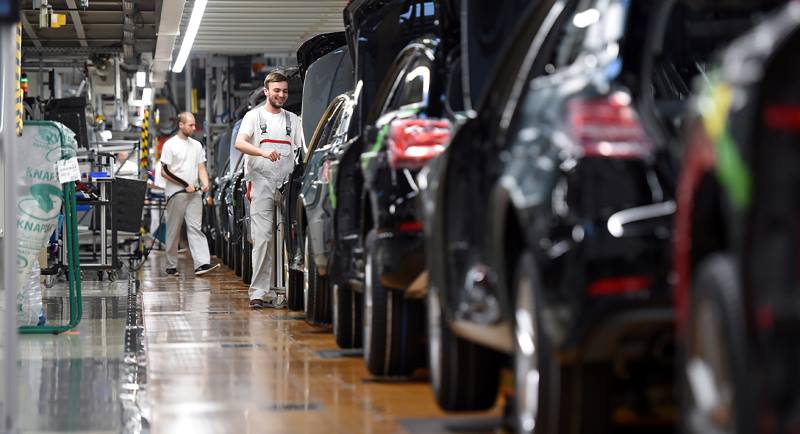Economy
The Trump administration is considering tariff relief for the Auto Industry
The Trump administration plans to reduce specific auto industry tariffs, addressing executive concerns over major threats to profits and employment stability. Industry leaders have repeatedly warned that high tariffs could drastically reduce earnings and force widespread job cuts across manufacturing and related sectors. This potential policy shift aims to ease economic pressures while preserving competitiveness in a global market marked by increasing trade tensions. Officials indicate that ongoing discussions may lead to selective tariff relief, targeting parts of the supply chain most vulnerable to disruption.
Avoiding Double Tariffs on Cars and Auto Parts
One measure under review would exempt automobiles and parts already subject to tariffs from facing additional duties linked to steel and aluminum imports. According to sources familiar with the matter, this would eliminate the so-called “stacking” of tariffs, significantly easing financial pressure on the sector.
Exemptions for Parts Under the USMCA
Another option being considered is fully exempting auto parts that comply with the United States-Mexico-Canada Agreement (USMCA). While these parts are not currently subject to tariffs, the administration had planned to tax the non-U.S. content. Dropping that plan would eliminate a major logistical challenge.
Chinese Auto Parts May Also Be Spared
The Financial Times reported that the administration is also considering exempting Chinese auto parts from a 20% tariff originally imposed due to disputes over fentanyl. This would broaden the scope of tariff relief under consideration.

New Home Sales Surge Driven by Lower Mortgage Rates
New single-family new home sales rose by 7.4% in March, reaching an annualized rate of 724,000. This increase…
Trump Has Not Yet Signed Off on Changes
Despite ongoing internal discussions, President Donald Trump has not yet approved any of the proposals. His trade policies have often shifted abruptly, and deliberations remain fluid. Still, the talks signal a willingness to narrow the scope of tariffs impacting this key sector of the U.S. economy.
Potential Impact: Relief for Manufacturers and Jobs
If implemented, the changes would be a significant reprieve for automakers, who have warned that the current tariffs would raise vehicle prices, slash production, and lead to job losses. The industry depends on deeply integrated supply chains throughout North America.
Trump’s Stance on Canada and Domestic Production
Speaking from the Oval Office, Trump said he isn’t considering changes at the moment. He hinted tariffs on Canada’s auto sector might rise. “We don’t want Canada making our cars,” he stated bluntly. “We want to make our own cars, and now we’re equipped to do that.”
Industry Urges Protection for Essential Components
Detroit automakers have lobbied for weeks to exclude low-cost components from the planned tariffs. They argue that broad duties would hurt margins. This could prompt layoffs and undermine Trump’s goal of rebuilding U.S. manufacturing. The president plans to visit Michigan next week.


